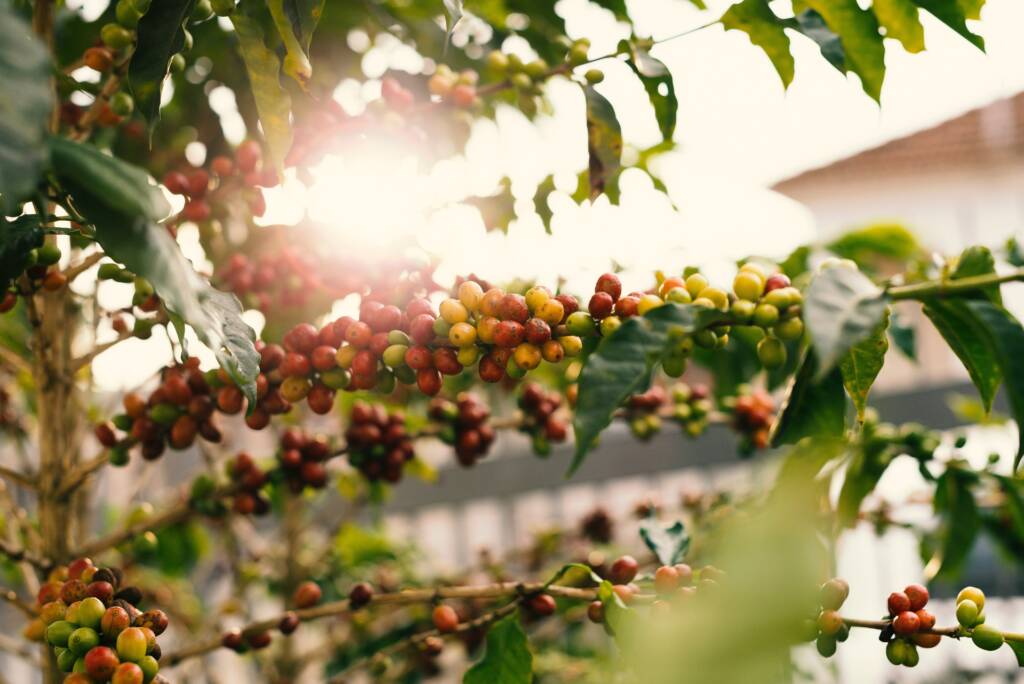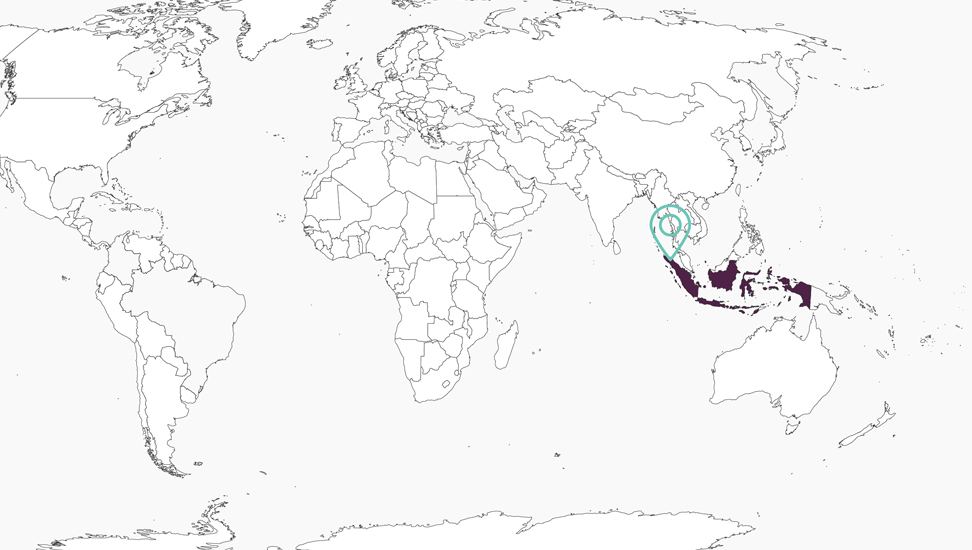Featured Coffee Fridays
Featured Coffee Fridays: Sumatra
June’s Featured Coffee is Sumatra! Our Sumatra coffee is fair trade and organic. It’s sweet and citric with a heavy mouthfeel and has a cooked carrot flavor with an herbaceous aftertaste.
This coffee comes to us from the KSU Item Reje Gayo co-op in central Aceh, Indonesia. Reje Gayo accounts for a number of smallholder farmers who deliver cherry to the processing facility.
History
Coffee was introduced throughout the islands of Indonesia by the Dutch in the
In the 1860s and 1870s, a coffee-leaf-rust epidemic decimated the coffee market in Indonesia, and led to the abandonment of many estates by the Dutch; as the plantations broke up, laborers took up small plots of the land, eventually replanting most of the old-stock Arabica with Robusta coffee and various more disease-resistant hybrids. This land redistribution created the predominance of smallholder growers on the islands, which exists to this day. Taken as a whole, Indonesia is the fourth-largest coffee-producing country in the world.
How Sumatra Coffee is Processed
Sumatran coffees have long been
Before the 1970s, coffees in Sumatra were processed in the two most commonly found methods worldwide: washed and natural. In the 1970s, Japanese interest in Sumatran coffees led to the introduction of the Wet Hulled process, a unique style of handling and drying that is largely responsible for Sumatran coffees’ unmistakable flavor characteristics, but also their normally greenish-blue hue.
Once the Reje Gayo co-op farmers deliver their cherry to the mill, the coffee is wet hulled and dried for an average of three days.


